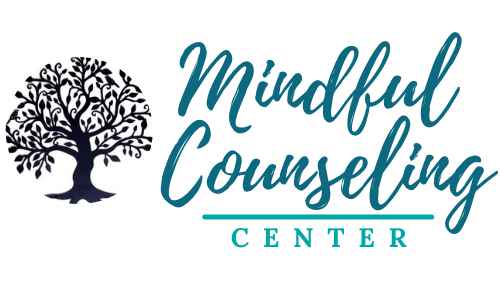Cultivating Self-Compassion

Why are we so hard on ourselves?
Do you try to ignore your emotional pain and suffering? Do you tell yourself you should just be able to deal with it? Are you overly critical of yourself? Is nothing you do ever good enough? Do you look for reasons to fault yourself when things go wrong or aren’t quite as you want them to be?
Therapists often help clients nurture self-compassion, as this practice is a key to pushing back on our tendency to harshly judge ourselves. When we are compassionate to ourselves, it can lead us to increased self-acceptance and more contentment in our imperfect world.
What is Self-Compassion?
Kristin Neff, Ph.D., Author of Fierce Self-Compassion and co-founder for the Center for Mindful Self-Compassion, explains self-compassion as being kind and understanding with yourself, even when confronted with personal failings, suffering and pain. It is a powerful gift to give ourselves … no different than the kindness we give to good friends. It is essential in caring for ourselves, in times of ease but especially in difficult times, and affirming of our inner worth.
Elements of Self-Compassion
Neff describes these elements of self-compassion:
- Self-kindness vs. self-judgement: Self-compassion entails being warm and understanding toward ourselves when we suffer, fail or feel inadequate, rather than ignoring our pain or flagellating ourselves with self-criticism.
- Common humanity vs. isolation: Humans are mortal, vulnerable and imperfect. Self-compassion recognizes that suffering and personal inadequacy are part of the shared human experience. It is something that we all go through, rather than being something that happens to “me” alone.
- Mindfulness vs. over-identification: Self-compassion also requires taking a balanced approach to our negative emotions, so that feelings are neither suppressed nor exaggerated.
Self-compassion is so important to our overall well-being. It can aid us in taking better care of ourselves, our relationships and the world around us.
A Meditation on Self-Compassion
This simple meditation is offered to encourage self-compassion. Anyone can do it–you don’t need to be a meditation expert!
Give yourself a couple minutes to do this meditation:
Assume a relaxed posture, whether sitting, standing or laying down.
Take a moment to pause, breathe, calm and focus attention.
- Breath in. Slowly. Breath out. Slowly.
- Breath in. Slowly. Breath out. Slowly.
- Breath in. Slowly. Breath out. Slowly.
Notice thoughts and feeling that arise in your mind … and then pass.
Then slowly and thoughtfully say these intentions to yourself:
- May I accept myself, just as I am.
- May I trust that who I am right now is enough.
- May I give myself permission to be imperfect.
- May I comfort and care for myself in my suffering, just as I do with my good friends
Repeat saying these intentions 1-2 times.
To close, focus again on the breath.
- Breath in. Slowly. Breath out. Slowly.
- Breath in. Slowly. Breath out. Slowly.
- Breath in. Slowly. Breath out. Slowly.
Interested in practicing self-compassion more in your own life? Contact the Mindful Counseling Center to talk about how therapy and our other wellness offerings can help. We are here to help you get the tailored assistance you need.
Article by Kristin Littel
Related Blogs: Cultivating Goodwill, Cultivating Gratitutde
